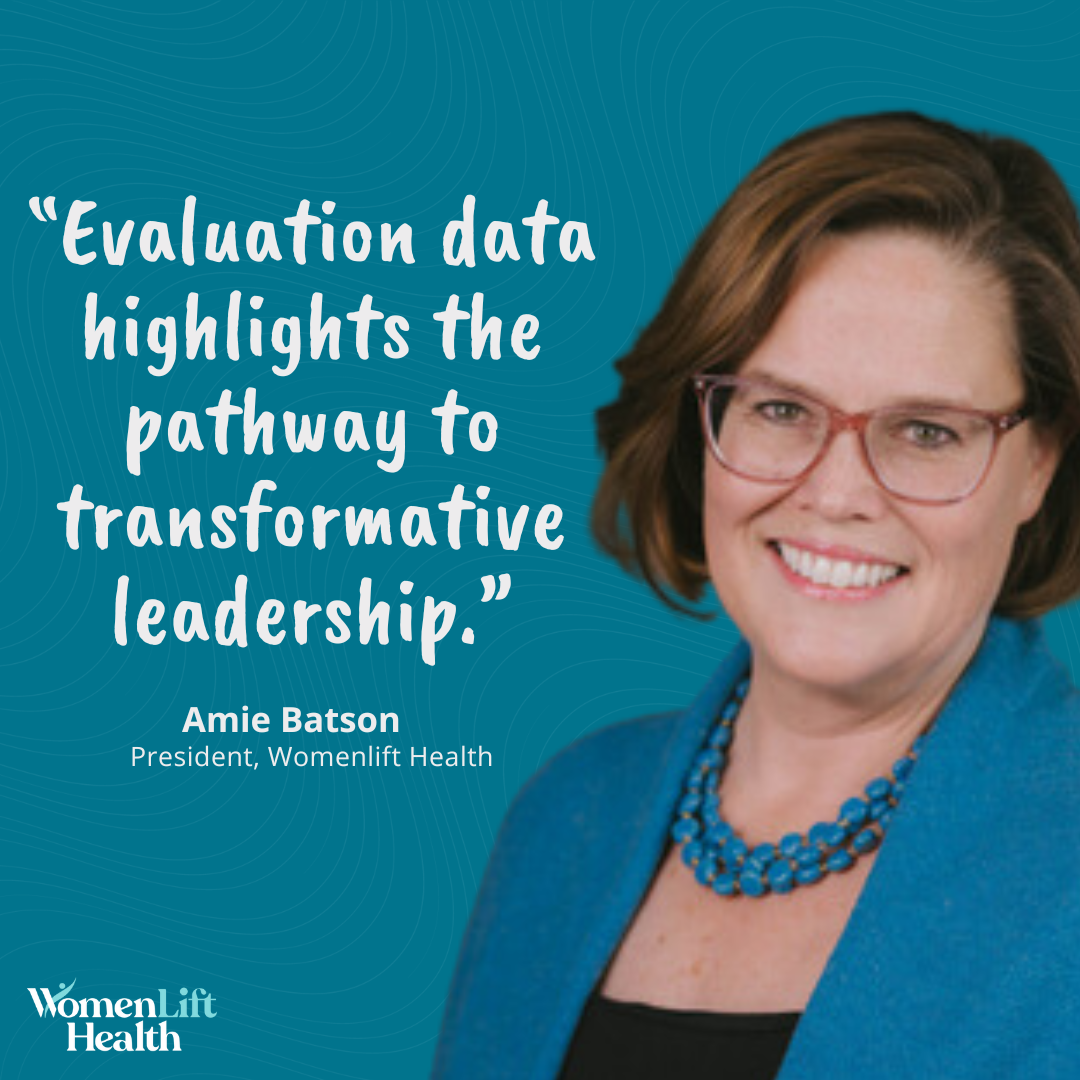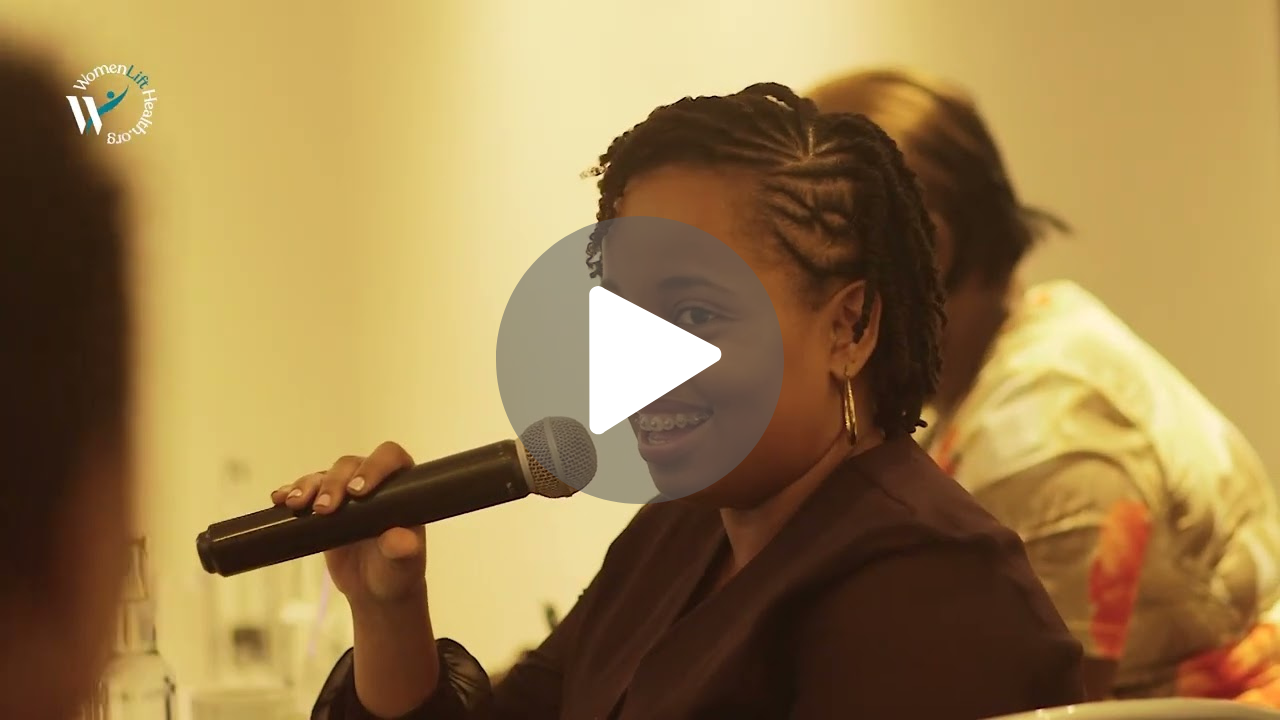A WomenLift Health alumna, a mid-career woman, came across a job opportunity that she initially considered a distant dream, one she’d only be ready for after another decade of professional experience. When the recruiter reached out to her, she hesitated, even suggesting other candidates. However, her WomenLift peer group, her mentors, and her recruiter all encouraged her to apply, reinforcing that she had the qualifications. Realizing she was falling into the same pattern of many professional women who undervalue their expertise and experience and hesitate to put themselves forward, she resolved to seize this opportunity. During the interview, she engaged as a confident, purposeful leader with clear expertise – owning her leadership power in a way she wouldn’t have even a year before. And she got the job.
This and many similar stories, revealed by the recently published 2023 evaluation report of WomenLift Health’s leadership programs, underscores the program’s impact. The evaluation includes data on how the women in the program assess their own leadership skills at the start and end of their 1-year leadership journey against specific competencies include building confidence, nurturing courage, fostering the growth of others, achieving leadership agility, cultivating resilience, and forging strong professional relationships. The reported increase in every competency by cohorts of diverse women in India, East Africa and North America offers a compelling picture of the ability of this program to expand women’s leadership mindsets.
Women have long been recognized as the heart and backbone of the healthcare sector. Yet, there still persists a seemingly impenetrable glass ceiling that obstructs their ascent to the highest echelons of healthcare leadership. In fact, while women comprise 70% of the health workforce, they fill less than 25% of senior leadership positions.
Addressing this formidable gap is the mission of WomenLift Health. We recognize that women typically face more barriers and have fewer career growth opportunity then men counterparts. By investing in talented mid to senior career women, as well as contributing to institutional and societal change, we are helping to pave the way for women to rise as influential leaders and decision-makers in the field.
The evaluation report includes survey data, key informant interviews, program data and case studies that paint an inspiring picture of the power of investing in these women through a leadership journey that is contextualized to each region’s (East Africa, India, and North America) needs. The evaluation highlights the pathway to change that the participants undergo during and after the Leadership Journey. The report details how the increased confidence and self-efficacy these women leaders gain translates into their acting with greater intention – in their careers, their institutions and in global health. This includes women being promoted, expanding their scope of control and receiving salary increases. The salary component is a particularly notable issue as women in the health and care sector face a larger gender pay gap than in other economic sectors, earning on average 24 percent less than peers who are men, according to a joint report by the International Labour Organization (ILO) and the World Health Organization (WHO).
Women who have completed this leadership program also reported an increase in their influence within their workplaces and an improvement in the effectiveness of their personal leadership styles. Furthermore, they have embraced the role of change agents for gender equality within and beyond their workplace, purposefully investing in other women, taking action, and speaking out in professional forums.
Women have the expertise, experience and transformative leadership skills to tackle the world’s increasingly complex health challenges. Together, women and men professionals bring the diversity of perspectives and lived understanding needed to shape the future of healthcare. The WomenLift Health Leadership Journey serves as a testament to the readiness and capability of women to excel as leaders. Who leads, and how they lead, matters — the future of health depends on it.
Read more on the evaluation report here.



